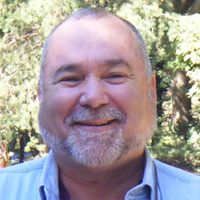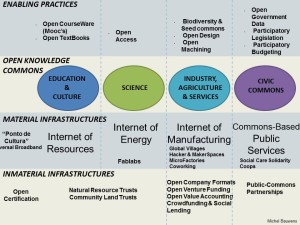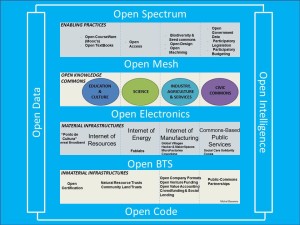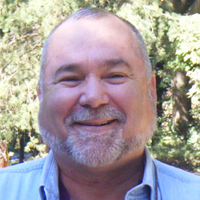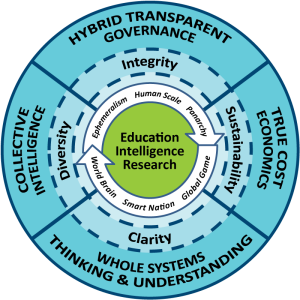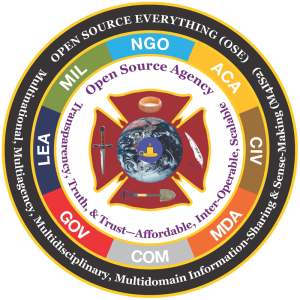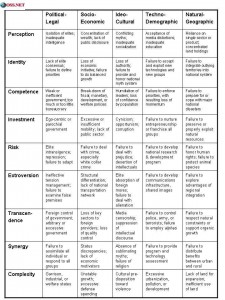
Reflections: Seven Steps to US Intelligence Reform
I was quite surprised to see multiple searches using the same language. It is an important question that I have been asking — and answering — since 1988 when I helped create the Marine Corps Intelligence Activity (today a mini-me of the larger mis-directed secret intelligence world).
My six challeges defined and published (with pre-publication clearance as usual) in 1994 have still not been met because we have not had any intelligence “leaders” willing to commit to intelligence with integrity.
I now believe that the DNI was a wrong turn. The next DNI should be charged by the next President with dismantling the DNI, restoring the DCI position, and executing a variety of straight-forward reforms that I have championed for a quarter century. A transformative intelligence reform process would shut down ODNI, restore the DCI, create an Open Source Agency (OSA), and elevate the National Intelligence Council (NIC) to the Executive Office of the President (EOP). Somewhere in there OMB, Congress, the media, and the public would receive public (open unclassified) ethical evidence-based decision-support on all threats, policies, and country counterparts, while creating Community Decision-Support Networks that implement the proven process of intelligence at the local, county, state, and regional issue management levels.
Seven Steps to US Intelligence Reform*

